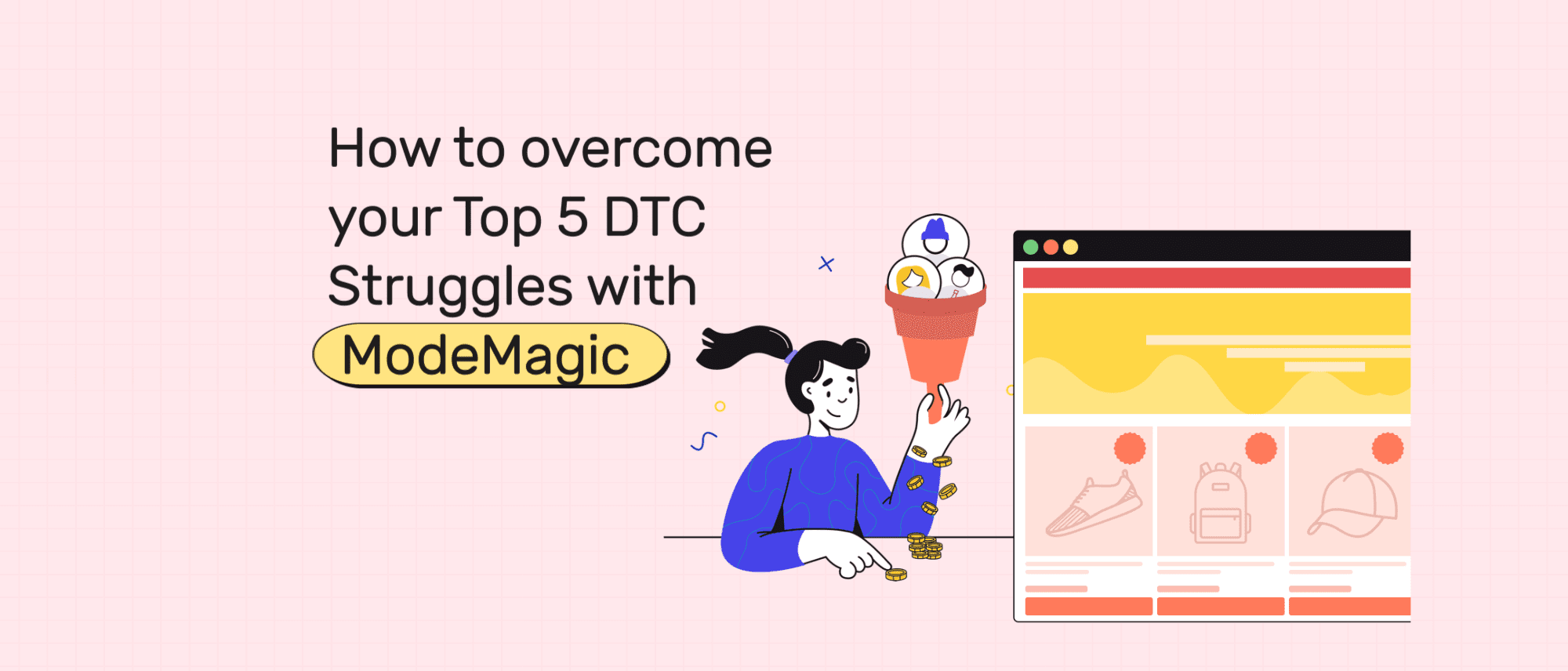Ecommerce store owners and managers know how difficult conversions are for their websites. Imagine this - you get about 100 visitors to your website. And then, almost 20 shoppers drop off.
Reason?—they do not trust your website!
Ecommerce companies face tough competition these days. You are competing with the likes of Amazon and other big ecommerce companies and retailers.
Why Building Trust is Important
In a survey conducted by PwC, more than 70% of customers claimed that trust was the most important factor in buying from a brand.
When shopping online, customers do not have the option of experiencing the product themselves. As such, it becomes even more important for ecommerce companies to go the extra mile in establishing trust with their brand.
And when brands do that, customers reward them. In fact, a study conducted by Edelman proves this fact.
- 55% of respondents claimed they had concerns about customer experience.
- 67% of respondents said that trust impacts their buying.
- 81% said trust is a deal-breaker in their brand buying decision.
Fraud is Rising
In the year 2021, FTC received 43,000 complaints about online shopping scams that started on social media. (This was an increase from 24,000 complaints in that category in 2020, and just 7,000 in 2019.) The numbers have definitely been rising when it comes to online shopping scams.
According to a January FTC report, consumers have lost about $770 million in 2021, to scams originating from social media.
Increased Reliance on Online Shopping
Online shopping meanwhile, has not slowed down. Thanks to the pandemic in 2020, it has only gained momentum. However, online fraud seems to become a bigger concern with every passing year.
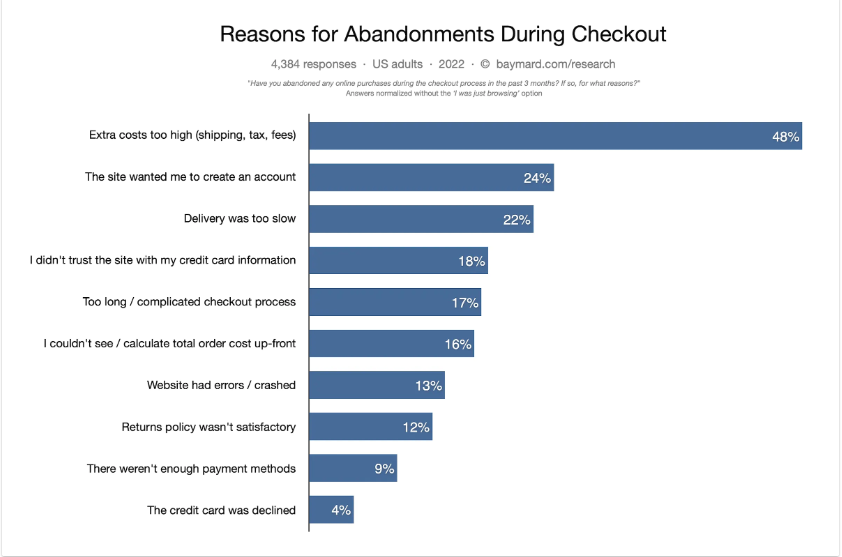
Top 5 Ways to Build Trust
In a study conducted by eConsultancy, it was found that various factors contributed to building trust on an ecommerce website:
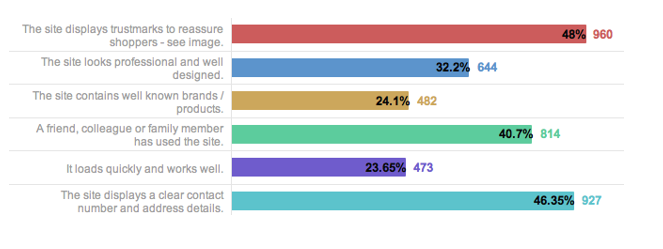
Here are some ways you can increase trust on your website, to not only boost conversions, but also build a brand:
1. Trust Packs and Badges
Trust packs and trust badges help you establish the credibility of your business.
Using trust packs in the right place on your website, can help you increase your conversions significantly. It can also help you establish yourself as a trustworthy brand. For small businesses that are competing with bigger brands and stores, trust packs and badges help do just that - establish trust with the shoppers about the quality and reliability of the brand.
Trust packs are known to work especially well on the checkout pages, when the customer is about to make the payment.
With trust packs you can:
- Win customer trust.
- Minimize bounce rates.
- Boost your conversions.

2. Product Detail Page(PDP)
The PDP is one of the most important parts of your ecommerce website. It is where shoppers make their first impression. As a store manager/owner, you must ensure you make it count.
A sign of a good Product Detail Page (PDP) is detailed descriptions.
In-depth descriptions helps your shoppers choose and make up their minds between competitors products and brands.
Here is an example of a good product detail page:
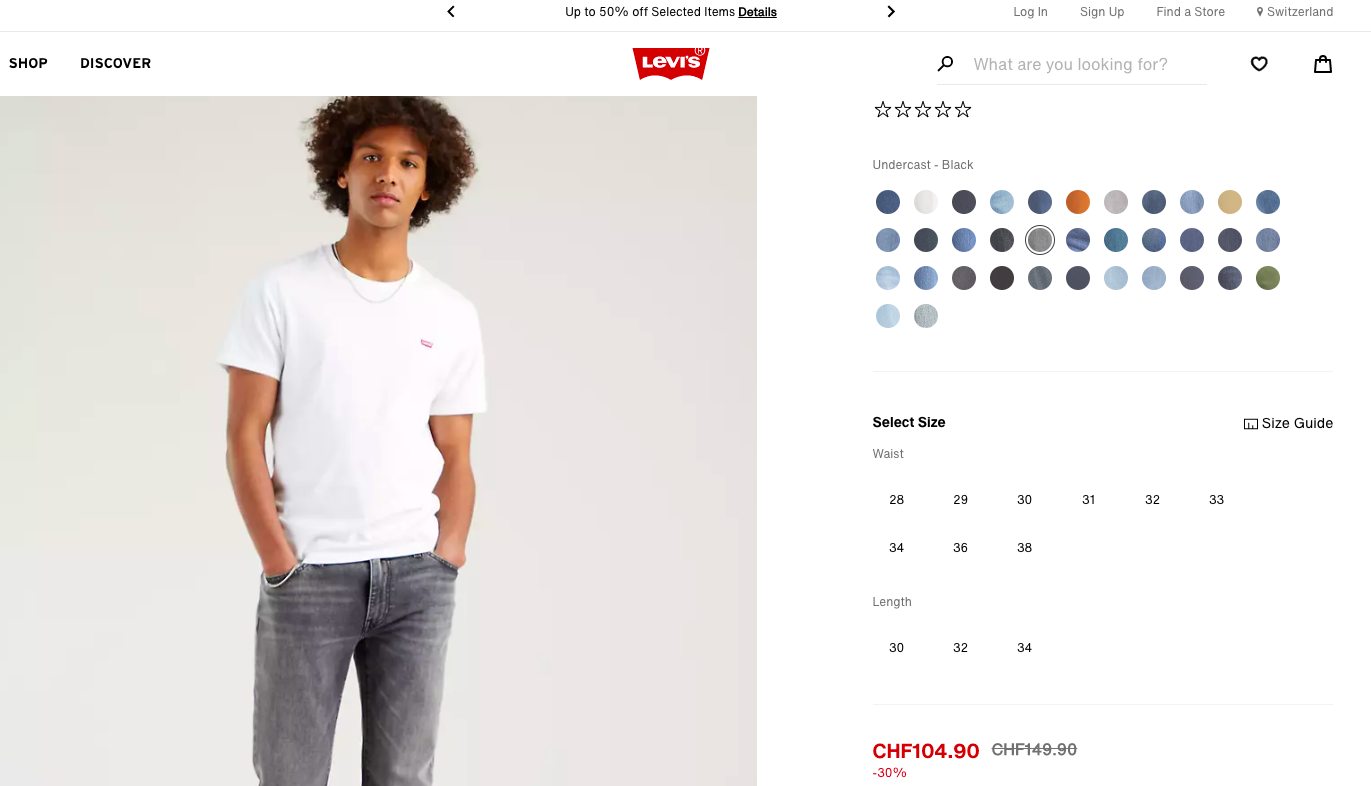
A good product detail page must be informative and attract shoppers attention. The longer a shopper stays on your website, the more likely they are to convert.
On the other hand, increase in bounce rate also affects your conversions and profitability.
3. Social Proof
According to Talia Wolf (from Getuplift.co),
By using social proof in the form of testimonials, reviews and trust icons you’re helping customers make a decision, feel confident about their choice, and a part of something bigger.
Social proof can be in the form of:
- Customer testimonials
- Company names and logos on the website (as customers/clients)
- Case studies
- Ratings or feedback from customers
- Social media accounts and activity
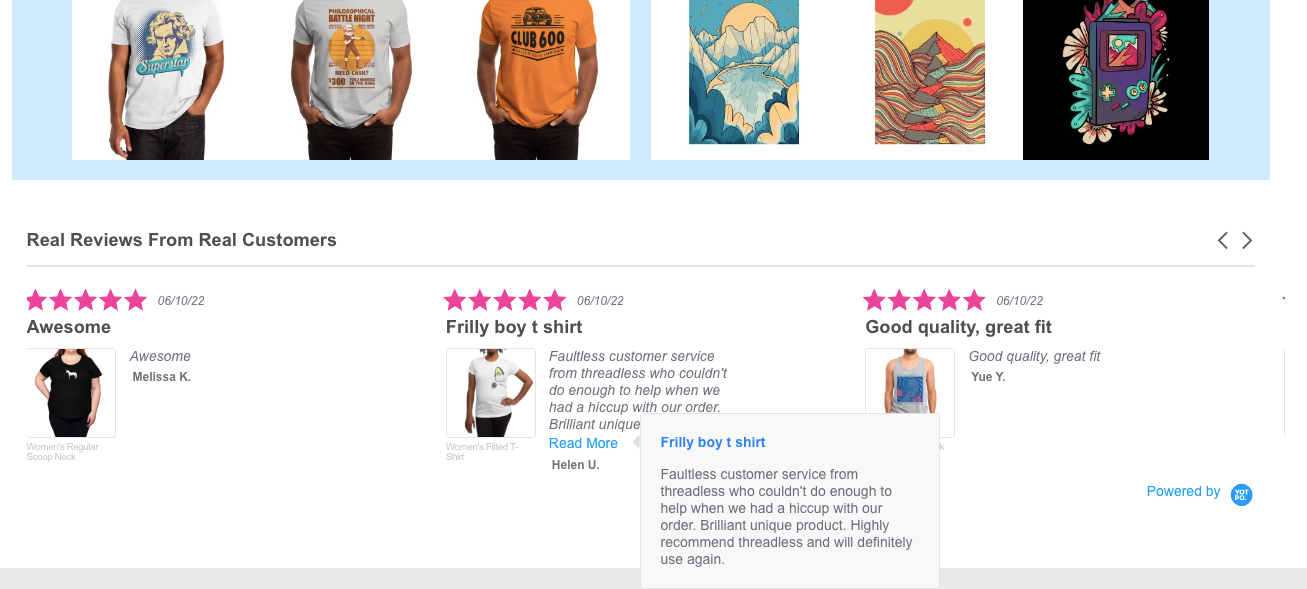
4. Pictures and Descriptions
Your ecommerce website must have detailed images of the products in your store. Without adequate descriptions and images, shoppers would find it hard to trust your website, and make a purchase.
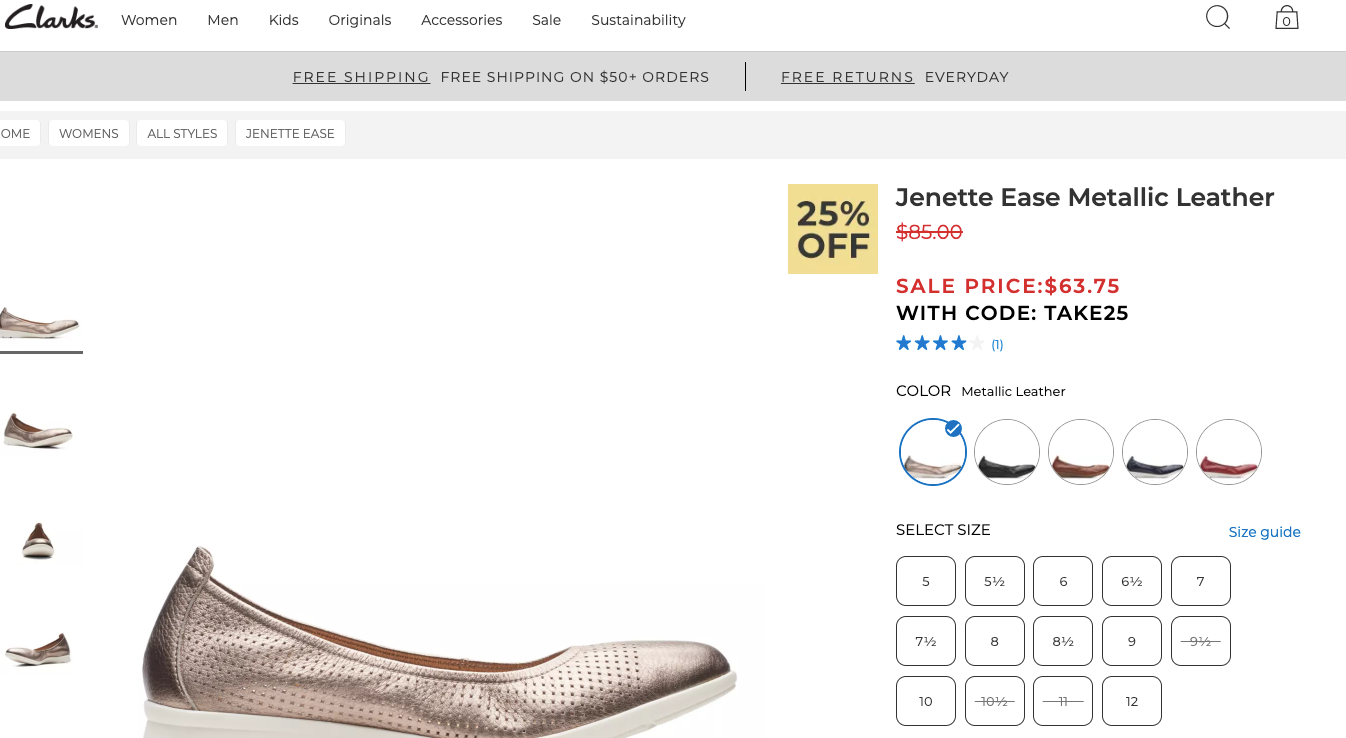
Online shopping does not provide the modern shopper the option of experiencing the product physically. As a result, trust is low by default.
With the right images and product descriptions, ecommerce store managers can build trust on their website.
5. Contact Information/Details of business
Yes, that’s correct - simply adding the contact details of the business (a phone number or an address) can go a long way in building credibility.
When you add details of your shop/business center/office, you are providing more proof of its existence. As a result, you become more reliable in the shoppers’ minds. In addition, the option of ‘Find a Store’ nearby also would work in building credibility. (From a customer’s point of view, the larger the chain of stores, the more reliable the brand.
Conclusion
In a time of increasing competition and online fraud, building trust is a key objective for any business. When you establish trust, you are able to compete with the bigger players in the market. In addition, you are also building a brand value with you customers (the returns of which you will reap down the road).
To learn how you can establish trust on your Shopify eCommerce store, try out ModeMagic today.



